Growing a lawn is a great way to beautify your yard. It gives a nice green space for kids and pets. But how long does it take to grow a lawn? This article will answer that question. We will also explore tips for a healthy lawn. Let’s begin our journey to a beautiful lawn.
Factors That Affect Lawn Growth
The time it takes to grow a lawn can vary. Several factors play a role in this. Here are some important factors:
- Grass Type: Different types of grass grow at different speeds.
- Weather: Sunlight, rain, and temperature all affect growth.
- Soil Quality: Good soil helps grass grow better.
- Watering: Regular watering is key for growth.
- Fertilization: Adding nutrients helps grass grow faster.
Types of Grass and Their Growth Times
Let’s look at some common grass types. Each type has its own growth time:
| Grass Type | Time to Germinate | Time to Establish |
|---|---|---|
| Bermudagrass | 7-12 days | 4-6 weeks |
| Fescue | 7-12 days | 6-12 weeks |
| Bluegrass | 14-30 days | 12-20 weeks |
| Ryegrass | 5-10 days | 4-6 weeks |
Understanding Germination
Germination is when seeds start to grow. It is the first step in growing a lawn. The time for germination varies by grass type. For example, ryegrass can sprout quickly. It takes only about 5 to 10 days. Other grasses, like bluegrass, take longer. It can take 14 to 30 days.
Establishment Phase
After germination, grass enters the establishment phase. This is when grass develops roots. Strong roots help grass survive. The establishment phase can take weeks to months. It depends on the grass type and care.
Climate and Its Effects
Climate plays a big role in lawn growth. In warm climates, grass grows faster. In colder areas, growth slows down. Grass types are also chosen based on climate. Cool-season grasses grow best in spring and fall. Warm-season grasses thrive in summer.
Soil Quality Matters
Good soil is essential for a healthy lawn. Soil should have nutrients, air, and good drainage. Poor soil can slow growth. You can improve soil quality by:
- Testing soil for pH and nutrients.
- Adding compost to improve structure.
- Removing rocks and debris.
Watering Techniques
Watering is crucial for grass growth. Newly planted seeds need regular moisture. A good rule is to water daily for the first week. After that, water every few days. Be careful not to overwater. Too much water can drown the seeds.
Fertilization Tips
Fertilizing helps grass grow strong. It provides nutrients that grass needs. Use a starter fertilizer when planting seeds. Follow the instructions on the package. Too much fertilizer can harm the grass.
Common Lawn Care Practices
Besides watering and fertilizing, other care practices help:
- Mowing: Mow grass to keep it healthy.
- Weed Control: Remove weeds to reduce competition.
- Pest Control: Protect grass from harmful insects.
When to Expect a Full Lawn
Many factors can change how long it takes to grow a lawn. Typically, it can take:
- Quick-growing grasses: 6 to 8 weeks.
- Medium-growing grasses: 8 to 12 weeks.
- Slow-growing grasses: 12 weeks or more.
Remember, patience is key when growing a lawn.
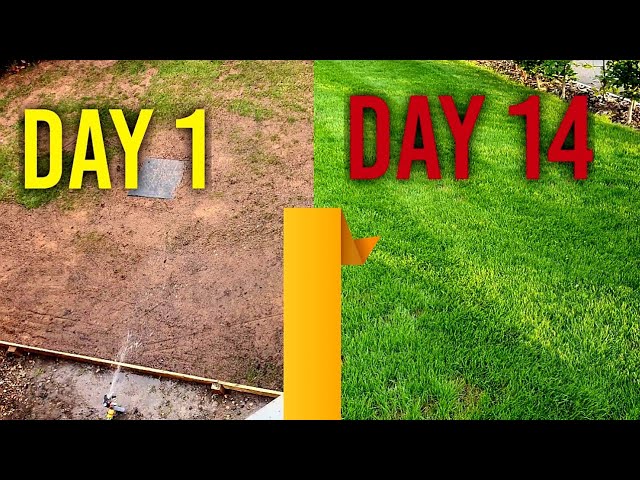
Credit: m.youtube.com
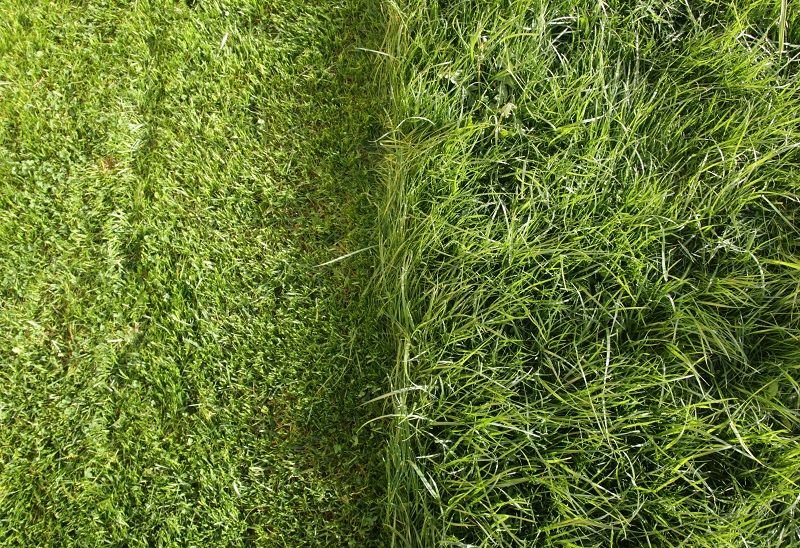
Credit: www.absolutelawnpros.com
Conclusion
Growing a lawn takes time and care. The grass type, climate, and soil all matter. Germination happens quickly for some grasses. Others take longer to sprout. After that, grass needs time to establish. With proper care, you will have a beautiful lawn.
By understanding the process, you can help your lawn grow. Follow the tips we shared. Your lawn will thrive and provide a lovely green space.





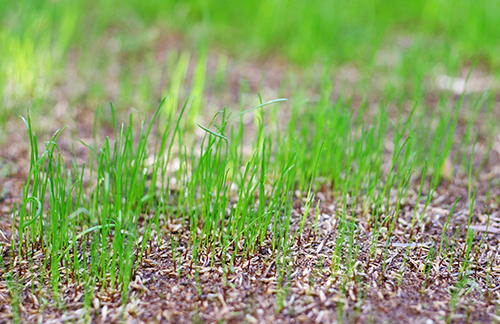



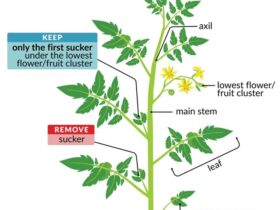
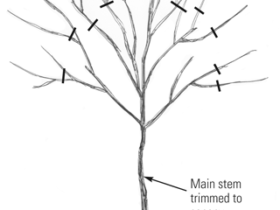



Leave a Review